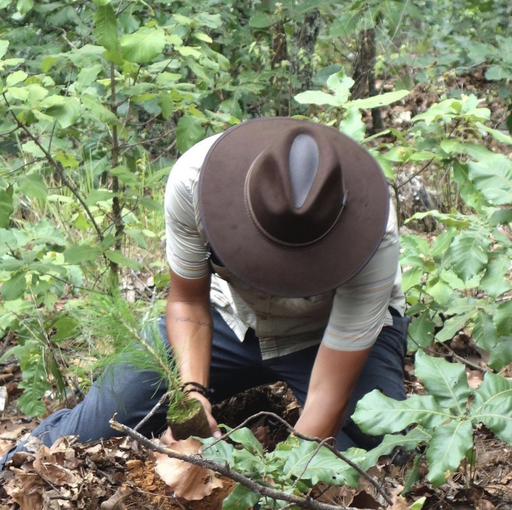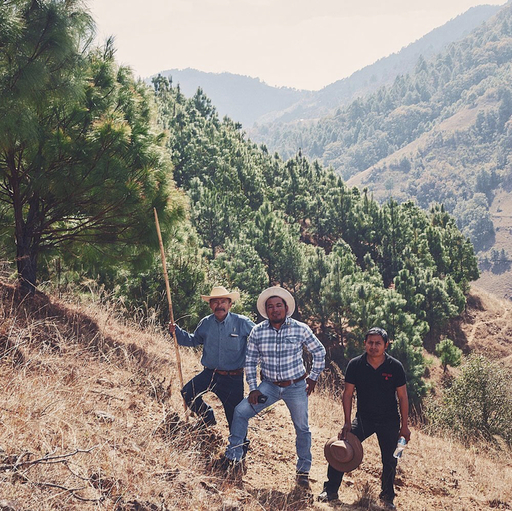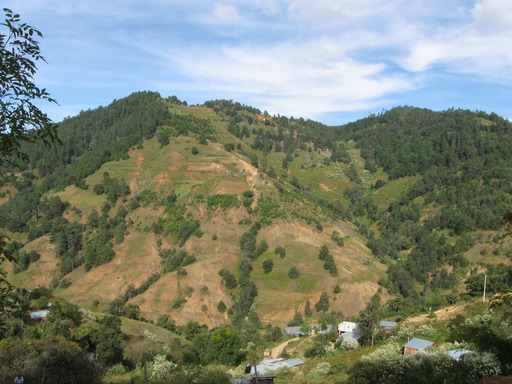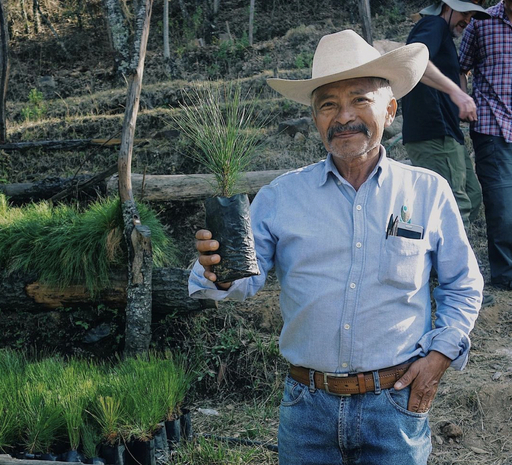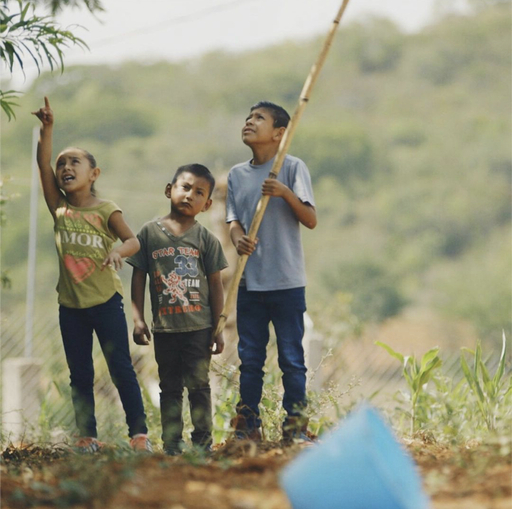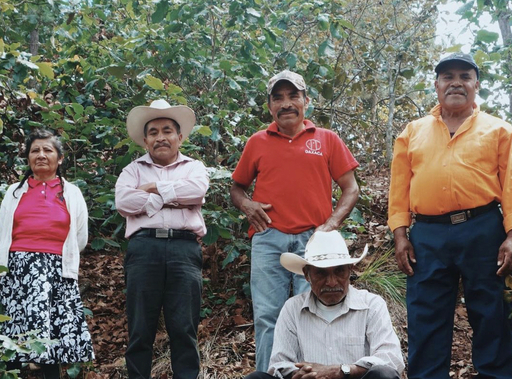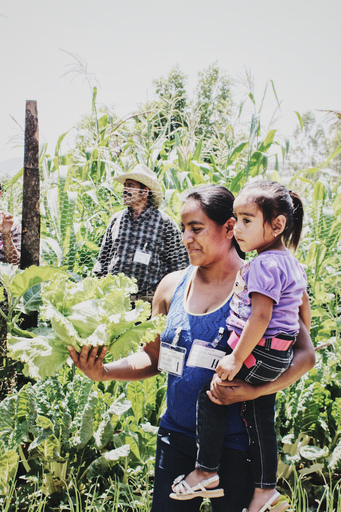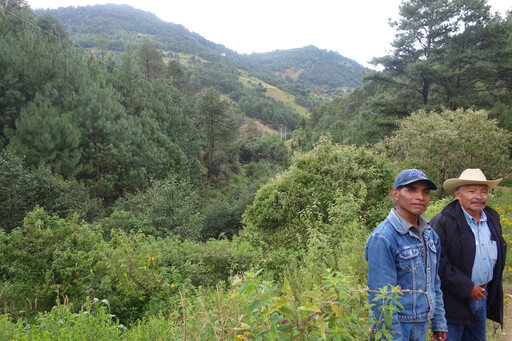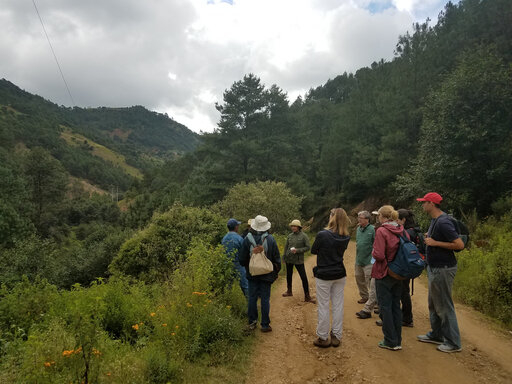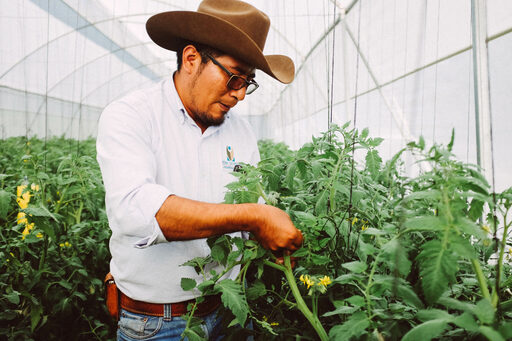Needs Analysis
Oaxaca and Chiapas are two of the three poorest states in Mexico, and more than 75% of the indigenous families there are living in extreme poverty (Source: IFAD). Indigenous communities comprise mostly subsistence farming families, who depend on the land for survival; but due to the area’s extreme rate of deforestation, the land has not been producing enough. Malnutrition is chronic, a problem that affects children most acutely, as under-nutrition can cause devastating effects including stunted development and vulnerability to disease. The poverty has also resulted in Mexico’s highest migration rate as farmers head to the U.S. or other Mexican states to seek work.
Transforming Local Economies
Plant With Purpose’s programs of environmental and agricultural education are teaching farmers how to care for and restore their land while building sustainable economies. By establishing tree nurseries and teaching innovative agriculture techniques, Plant With Purpose is helping poor farmers to simultaneously transform their own economic situations and preserve the land for future generations. Plant With Purpose’s programs are currently functioning exceptionally well, bringing new hope and dignity to the poor in these desperate nations.
Nevertheless, the issue of deforestation and the ever-present need for new trees must be addressed for these programs to continue effectively. Plant With Purpose’s programs of environmental and agricultural education in Mexico, Haiti, Tanzania, the Dominican Republic, Thailand, and Burundi are teaching farmers how to care for and restore the land while improving their own health and the health of their families. By organizing long-term, large-scale reforestation efforts, Plant With Purpose is helping poor farmers and their families to improve the quality of their soil, protect vulnerable hillsides from erosion and mudslides, and ultimately restore their ecosystems to a more harmonious state.
Project Goals in Oaxaca, Mexico:
- Educating farmers on planting and caring for trees.
- Maintaining and expanding tree nurseries, which provide a local source of seedlings and serve as a classroom for teaching agroforestry, composting, and fruit tree grafting techniques.
- Preventing erosion by strategically planting trees, which will help reduce soil attrition.


